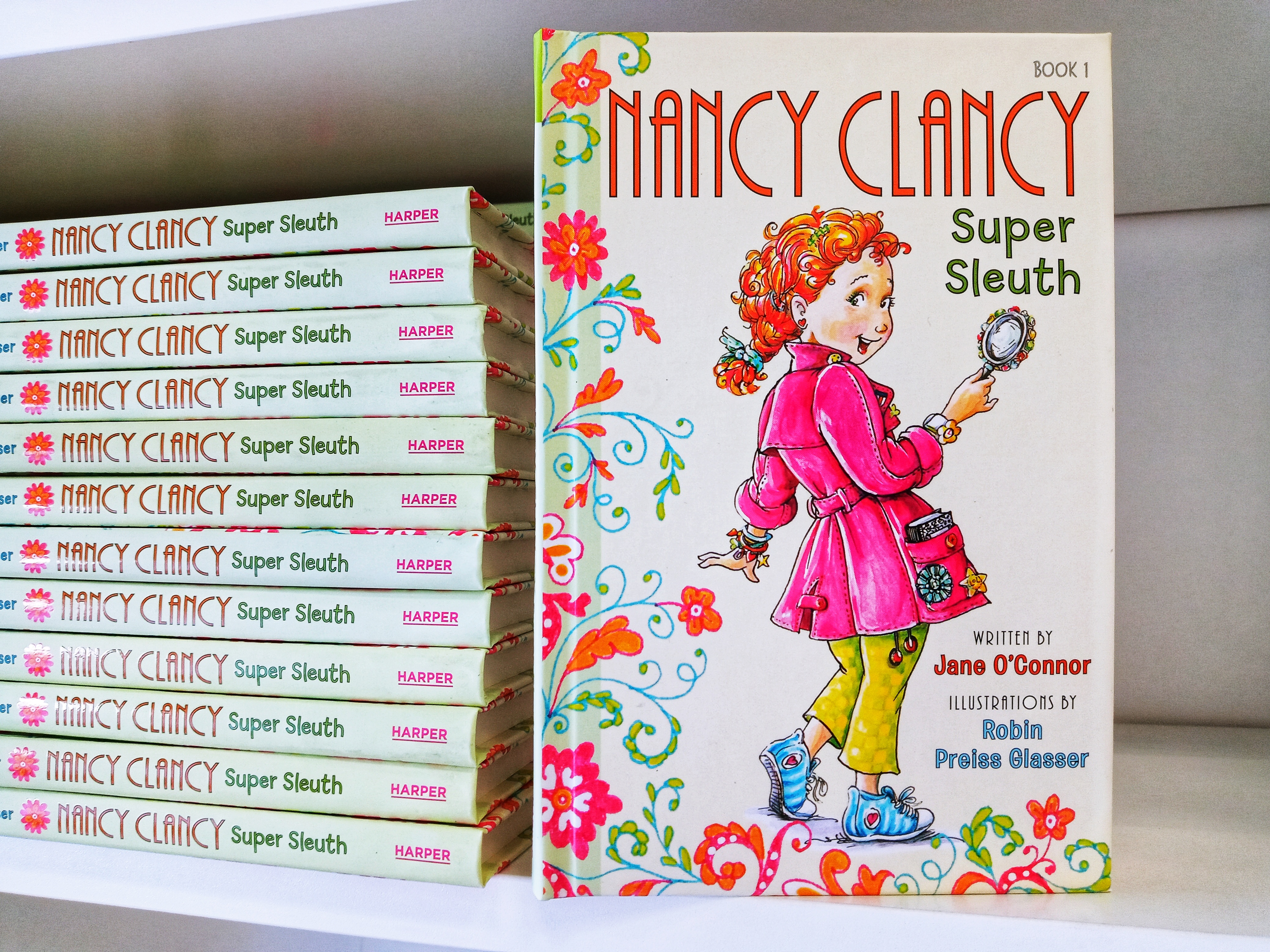
Children’s literature has long been a captivating realm, offering young minds an escape into enchanting worlds and narratives that spark their imagination. Within this vast literary landscape, mystery stories stand as enigmatic treasures. These stories engage young readers in tales of intrigue, suspense, and crime-solving. Children’s mystery books uncover not only the entertainment they provide but also their cognitive and developmental benefits.
The Allure of Mystery in Children’s Books
Mystery stories have a magnetic appeal that transcends generations. They captivate readers young and old with their puzzling plots and suspenseful narratives. According to Katherine Bucher in Young Adult Literature, children are drawn to mystery books for the excitement and suspenseful nature. The intricate puzzles and the sense of accomplishment that comes from solving mysteries alongside the characters is very attractive at this age. The engaging nature of these stories prompts readers to actively participate in deciphering clues and piecing together intricate plots. This fosters critical thinking and analytical skills.
Cognitive Development through Mystery Solving
The cognitive benefits of engaging with mystery stories are both remarkable and scientifically grounded. According to a study, suspenseful literary text activates brain areas related to social cognition and predictive inference. The process of unraveling mysteries requires readers to analyze evidence, make predictions, and infer outcomes, thereby honing essential cognitive faculties.
Research reveals that exposure to cognitive challenges in childhood contributes to cognitive flexibility and adaptability in adulthood. For this reason, by delving into the intricate web of clues and suspects within mystery narratives, young readers develop cognitive agility that equips them to tackle complex problems in various spheres of life.
Cultivating Curiosity and Critical Thinking
The exploration of clues and the unraveling of mysteries encourage children to employ their curiosity and critical thinking abilities. Solving puzzles activates brain regions associated with critical thinking and problem-solving. As young readers immerse themselves in these narratives, they exercise their cognitive muscles, questioning, hypothesizing, and exploring various possibilities.
This engagement with enigmatic tales enhances the capacity for divergent thinking, a hallmark of creativity. Children broaden their cognitive horizons and develop a flexible mindset that transcends conventional approaches.
Fostering a Love for Reading
Mystery stories for children serve as a bridge between entertainment and education, nurturing a lifelong love for reading. The National Literacy Trust reports that young readers have a preference and develop a positive attitude toward reading through mystery and adventure books. The suspenseful nature of these narratives keeps children eagerly turning pages, fostering a sense of accomplishment as they piece together the clues and solve the puzzles.
Moreover, the engagement with mystery stories lays the foundation for a broader reading habit. According to study in the Journal of Applied Development Psychology positive early experiences with reading predicts a lifelong love of reading and increased academic achievement. By introducing young readers to the captivating world of mysteries, parents and educators can cultivate a reading habit that extends far beyond childhood.
Impact on Imagination and Creativity
Mystery stories are a playground for imagination and creativity, inviting young minds to envision worlds beyond the text. The World Literacy Foundation highlights that exposure to imaginative narratives, like detective stories, enhances a child’s ability to create vivid mental images and think creatively. Likewise, as children actively engage with the narrative, visualizing scenes, characters, and clues, they become co-creators of the story.
This imaginative engagement not only fuels creativity by encouraging children to explore the unknown, but also, consider alternative solutions. They can think beyond conventional boundaries. By navigating the twists and turns of mysteries, young readers build a foundation for innovative thinking.
Diverse Representation in Mystery Narratives
In recent years, the world of children’s literature has embraced diversity and inclusivity, and mystery narratives are no exception. Authors are increasingly creating protagonists from various backgrounds and cultures, enabling young readers to see themselves in the role of the detective. This inclusive approach not only enriches the narrative landscape but also fosters empathy and understanding.
In a TED Talk, Chimamanda Ngozi Adichie, stresses that exposure to diverse characters and perspectives fosters cognitive development. At the same time it promotes inclusivity. As children encounter protagonists from different walks of life in mystery stories, they develop a broader worldview and an appreciation for the value of diversity.
Nurturing Future Problem Solvers
The cognitive skills cultivated through engaging with mystery narratives hold practical value, aligning with the demands of the modern world. The critical thinking, problem-solving, and analytical abilities honed by young sleuths in their fictional adventures have real-world applications. There is an alignment between these skills and the demands of STEM fields.
The intricate nature of detective work requires attention to detail, logical reasoning, and a systematic approach. These are all qualities that are highly valued in fields such as science, technology, engineering, and mathematics. What’s more, as children engage with complex mysteries, they are unknowingly preparing themselves to navigate the challenges of the future.
Conclusion
Children’s mystery books are a treasure trove of intellectual exploration and cognitive growth. Therefore, beyond their engaging narratives, these stories foster critical thinking, nurture creativity, and lay the foundation for lifelong reading habits. A book subscription service like Little Fun Club can cater to the reading needs of the mystery lover. This is a priceless tool in the pursuit of their exploratory powers. As young readers immerse themselves in enigmatic adventures, they develop cognitive agility, creative thinking, and problem-solving skills that extend far beyond the confines of fiction.
The world of children’s mystery books stands as a testament to the power of literature to shape young minds. Also, these books can equip them with the tools they need to navigate the complexities of the world. As we encourage children to embark on curious journeys through the pages of these stories, we empower them to become inquisitive thinkers, empathetic individuals, and, ultimately, the architects of a better future.


